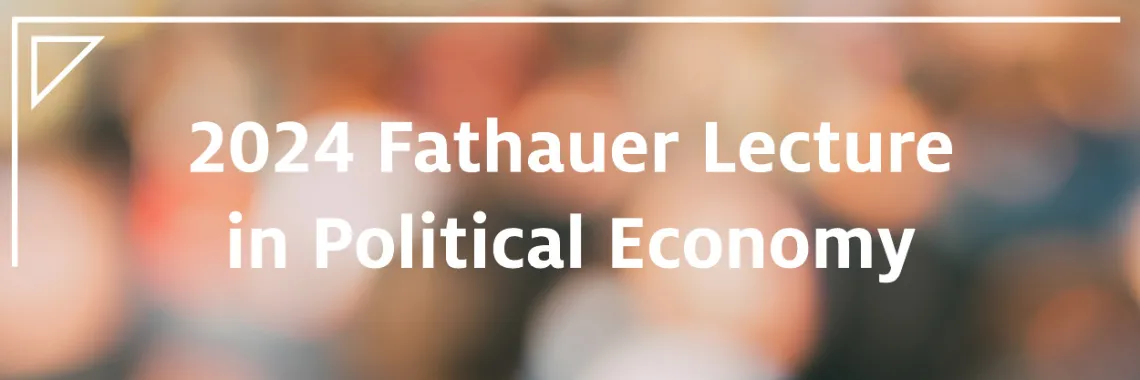
When
Where
Cause and Effect and Evidence-based Policy
This lecture will discuss the problem of untangling cause and effect in social-science settings and describe some of the ideas that have been developed in Economics over the past three decades to better separate causality from correlation. Second, this lecture will discuss the use of these ideas to address questions in two areas: minimum wages and immigration. Finally, there will be an overview on how evidence on causal questions has (and has not) impacted policymakers in the United States and other countries.

About David Card
David Card is the Class of 1950 Professor Emeritus of Economics at the University of California, Berkeley, and Director of the Center for Labor Economics and the Econometrics Lab. Before joining Berkeley, he taught at the University of Chicago from 1982 to 1983, and at Princeton University from 1983 to 1996. He has held visiting appointments at Columbia University, Harvard University, UCLA, and the Center for Advanced Study in the Behavioral Sciences at Stanford University. From 2012 to 2017 he was director of the Labor Studies Program at the National Bureau of Economic Research. Card’s research interests include wage determination, education, inequality, immigration, and gender-related issues. He co-authored the 1995 book, Myth and Measurement: The New Economics of the Minimum Wage, co-edited eight additional titles, and has published more than 100 journal articles and book chapters. In 1995, he received the American Economic Association's John Bates Clark Prize, which is awarded to the economist under 40 whose work is judged to have made the most significant contribution to the field. He was president of the AEA in 2021 and co-recipient of the Nobel Memorial Prize in Economic Sciences in 2021.
Please RSVP by submitting the form below:

